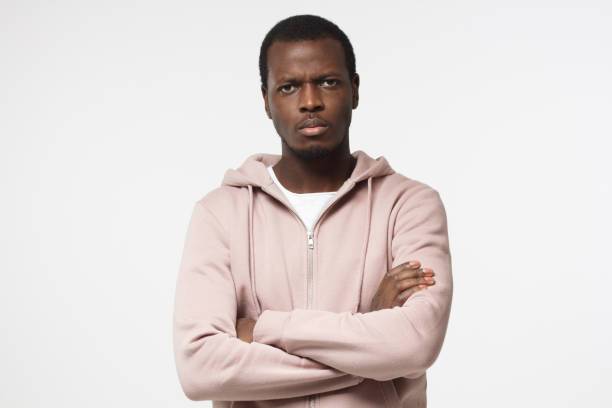I’m Angry!
He stalked into my classroom. He chose a desk right at the back, plopped down loudly, crossed his arms and stared at the desk with a deep, dark scowl. He was angry!
This young man has been in a lot of trouble. His conflict resolution skills are under developed and his impulse control is poorly managed. However, he is an intelligent young man and can be totally engaging when absorbed in a topic that interests him.
As the class settled, I asked him to come and sit with me on the steps outside of the classroom. I was quick to tell him that he was not in trouble.
We sat on the top step. “Young man,” I said as he glowered into the distance, “you have a really angry look on your face. But often young men display anger when they really are feeling another emotion. Anger is easier to show to everyone than some emotions. I just called you out here to sit with me on the steps because I wanted to tell you that I really like you.” I paused there. He ignored me. I waited some more. Then I continued. “I want to tell you that I really like you. You helped my team with the beach clean-up on Saturday. You were really interesting and fun to have around. I know that when you smile, your face opens up. When you do something you love, you really know how to give of yourself. When you talk about your interests, you can be really engaging and knowledgeable. So,” I paused. “So, we are sitting here today because I really like you.” We sat in silence a while longer, staring into the distance. Slowly, he turned his head to me. His eyes were filled with tears. “Yes”, I said, “I really like you and I am not going to change my mind.”
We sat a while a longer, then I said that I needed to go back into the classroom. I told him he could join me or stay outside a while longer if he so wished. He stood up, tentatively, when I stood. I looked at him and asked him, “May I give you a hug?” He fell into my arms and embraced me tightly. Then we walked back into class together.
Discussion
As adults, we impact the lives of those around us by our very presence. Are we helping? Are we hindering? Whom are we impacting?
It is so easy to focus on the negative. However, it takes a bit of effort to focus on strengths. And if we don’t know our strengths, how can we help those whose lives are impacted by ours, to find theirs?
Positive psychology is the focus on strengths instead of weaknesses. Positive psychology is based on the idea that building on our strengths is often a more effective path to success than trying to force excellence in areas we are simply not suited for. In practice, this technique involves identifying one’s strengths and working to provide yourself with more opportunities to use them.
As teachers, we impact the lives of our learners indelibly. Or hopefully we do. However, we can only improve their lives if we promote the positive and alleviate the negative in their young lives. Carol Ryff’s model of wellbeing recognises six facets or factors of wellbeing: mastery of the environment, personal growth, purpose in life, autonomy, self-acceptance, and positive relationships.
I choose to build learners. I choose to show them that mastery of anything takes effort, but consistent effort reflected by taking small, regular steps in the journey of personal growth and a belief in themselves will get them where they want. And while they are learning who they are, what their identity is, and what their strengths are, I aim to be the cornerstone that they can lean on. Because each and every one of them has something to contribute. Until they can believe in themselves, they can lean on me whilst I believe in them.
Bibliography
1. Harvard Health Publishing, 2008




No comments yet
Be the first to share your thoughts!